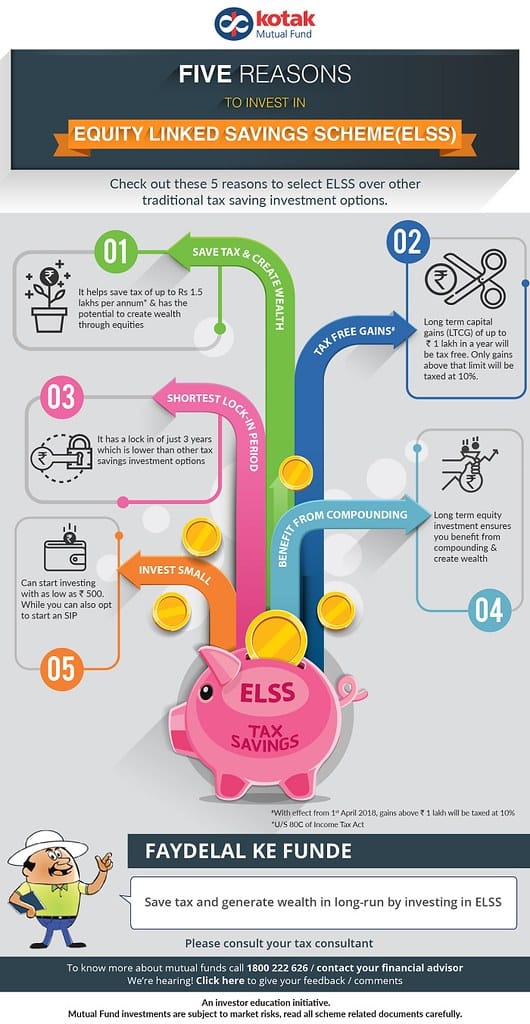Traditional Stock Exchanges Push Back Against Crypto's Latest Challenge: Tokenized Securities
The battle lines are being drawn between traditional finance and the crypto world as major stock exchanges worldwide are calling on regulators to crack down on tokenized stocks—digital tokens that represent shares of publicly traded companies. This emerging clash could reshape how securities are traded and regulated in the digital age.
The Rise of Tokenized Securities
Tokenized stocks have gained significant traction in recent years, particularly on cryptocurrency exchanges like FTX (before its collapse), Binance, and other platforms. These digital representations of traditional stocks allow investors to trade fractional shares of companies like Tesla, Apple, and Amazon using cryptocurrency, often outside traditional market hours and without the typical barriers of conventional stock trading.
The appeal is obvious: 24/7 trading, lower minimum investments, and access to global markets without traditional brokerage requirements. For retail investors in emerging markets or those with limited capital, tokenized stocks appeared to offer unprecedented access to blue-chip companies.
Exchanges Sound the Alarm
Traditional stock exchanges, including major players like the New York Stock Exchange (NYSE), NASDAQ, and European exchanges, are now pushing regulators to take decisive action. Their concerns center on several critical issues:
Market Integrity and Oversight: Unlike traditional stock trading, which operates under strict regulatory frameworks, tokenized stocks often exist in regulatory gray areas. Exchanges argue this creates unfair competition and potential market manipulation opportunities.
Investor Protection: Traditional exchanges point to recent crypto market volatility and high-profile collapses like FTX as evidence that investors trading tokenized stocks lack adequate protections. When FTX collapsed in November 2022, holders of its tokenized stocks faced significant losses and uncertainty about their underlying assets.
Fragmented Liquidity: Stock exchanges contend that tokenized versions of their listed securities create artificial market fragmentation, potentially impacting price discovery and market efficiency.
Regulatory Responses Vary Globally
The regulatory landscape for tokenized stocks remains fragmented across jurisdictions:
United States: The SEC has taken an increasingly aggressive stance, with Chairman Gary Gensler repeatedly stating that most crypto tokens, including tokenized stocks, likely constitute securities subject to existing regulations. The agency has pursued enforcement actions against several platforms offering tokenized securities.
European Union: The EU's Markets in Crypto-Assets (MiCA) regulation, which came into effect in 2024, provides some framework for tokenized assets, but implementation remains inconsistent across member states.
Asia-Pacific: Countries like Singapore and Hong Kong are developing more crypto-friendly regulatory frameworks, while others like China maintain strict prohibitions on most crypto activities.
The Technology vs. Tradition Divide
This conflict represents more than just regulatory turf wars—it highlights fundamental questions about the future of securities trading. Proponents of tokenized stocks argue they democratize access to global markets and represent natural technological evolution. Critics worry about systemic risks and the erosion of time-tested investor protections.
The technology underlying tokenized stocks—blockchain and smart contracts—offers potential benefits including increased transparency, reduced settlement times, and lower transaction costs. However, these advantages come with trade-offs in terms of regulatory oversight and investor safeguards.
Market Impact and Investor Implications
The crackdown on tokenized stocks has already begun affecting the market. Several major crypto exchanges have delisted tokenized securities or restricted access to certain jurisdictions. This has led to:
- Reduced trading volumes in tokenized stocks
- Increased compliance costs for crypto platforms
- Market consolidation as smaller players exit the space
- Greater regulatory clarity in some jurisdictions
For investors currently holding tokenized stocks, the regulatory uncertainty creates new risks. Some platforms have moved to cash-settle positions or transfer underlying shares to traditional brokerages, while others have simply ceased operations.
Looking Ahead: Convergence or Conflict?
The future of tokenized stocks likely depends on finding middle ground between innovation and regulation. Some traditional exchanges are exploring their own digital asset offerings, while regulatory bodies work to develop comprehensive frameworks that protect investors without stifling innovation.
As this regulatory landscape evolves, investors should carefully consider the risks and limitations of tokenized securities. While these instruments offer unique advantages, the current regulatory uncertainty and potential for platform failures create significant hazards that traditional stock ownership typically avoids.
The outcome of this regulatory push will likely determine whether tokenized stocks become a mainstream financial instrument or remain a niche offering in the crypto ecosystem.
